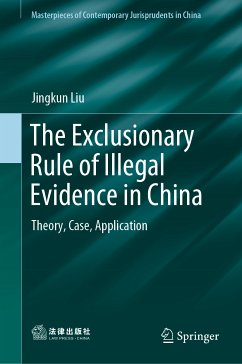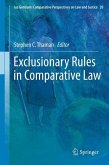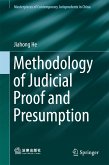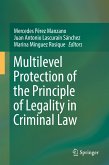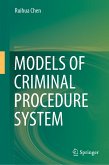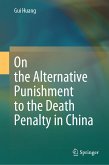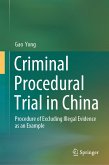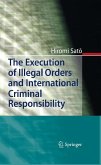The book reviews the origin and development of the exclusionary rule in China, and systematically explains the problems and challenges faced by criminal justice reformers. The earlier version of the exclusionary rule in China pays more attention to confessions obtained by torture and other illegal methods, reflecting that the orientation of the rule aims mainly to prevent wrongful convictions. Since the important clause that human rights are respected and protected by the country was written in the Constitution in 2004, modern notions such as human rights protection and procedural justice have been widely accepted in China. The book compares various theories of the exclusionary rule in many countries and proposes that the rationale of human rights protection and procedural justice should be embraced by the exclusionary rule. At the same time, the book elaborately demonstrates the thoughts and designs of the vital judicial reform strategy--strict enforcement of the exclusionary rule, including clarifying the content of illegal evidence and improving the procedure of excluding illegal evidence. In addition, the book discusses the influence of the exclusionary rule on the pretrial procedure and trial procedure respectively and puts forward pertinent suggestions for the trial-centered procedural reform in the future.
In the appendix, the book conducts case analysis of 20 selected cases concerning the application of the exclusionary rule. This is the first book to give a comprehensive and systematic analysis of the exclusionary rule of illegally obtained evidence in China. The author of the book, senior judge of the Supreme People's Court in China, with his special experience of direct participation in the design of the exclusionary rule, will provide the readers with thought-provoking explanation of the distinctive feature of judicial reform strategy and criminal justice policy in China.
Dieser Download kann aus rechtlichen Gründen nur mit Rechnungsadresse in A, B, BG, CY, CZ, D, DK, EW, E, FIN, F, GR, HR, H, IRL, I, LT, L, LR, M, NL, PL, P, R, S, SLO, SK ausgeliefert werden.

